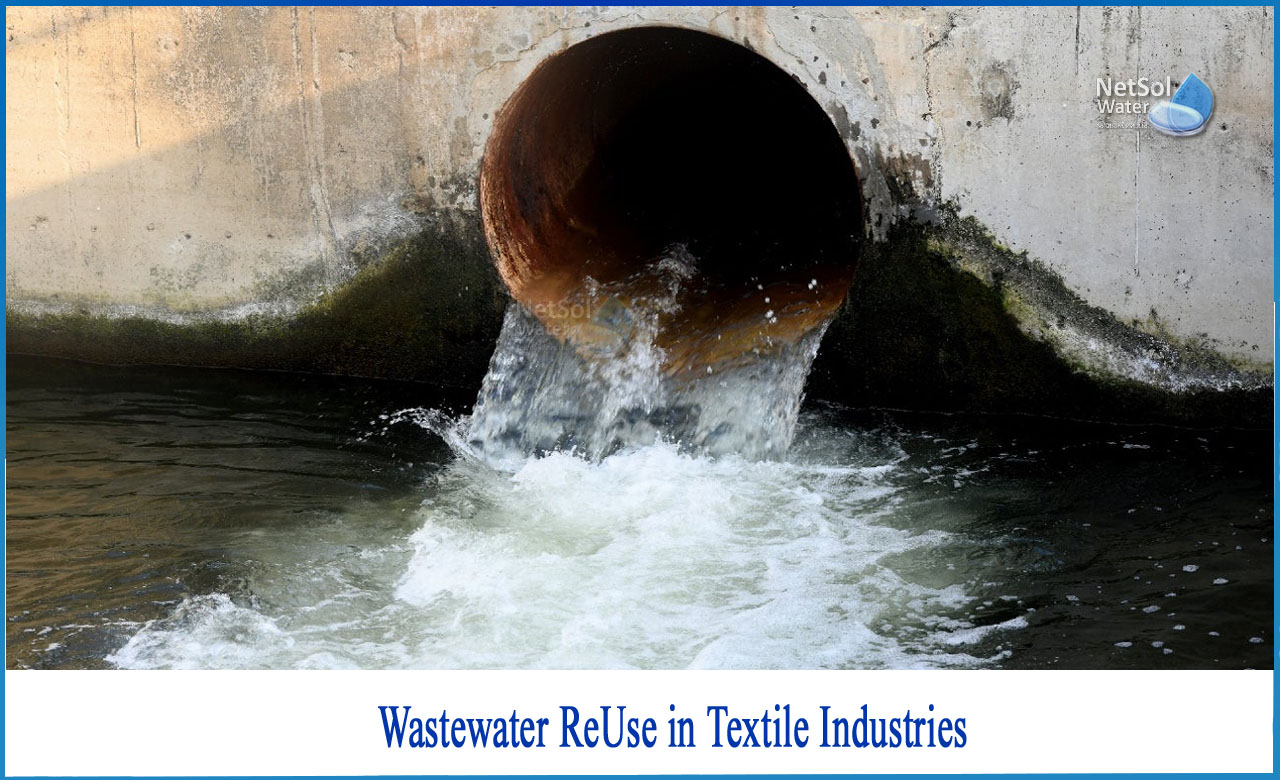How is wastewater treated in the textile industry?
The textile industry uses a lot of water in all of its processes, including sizing, de-sizing, mercerizing, scouring, bleaching, printing, and finishing. Beyond processing, water footprint calculations frequently overlook the use of significant amounts of "virtual water," or water that cannot be reused due to evaporation or contamination.
However, the amount of water used is only one component of the industry's environmental impact. Textile manufacturing wastewater can also contain a wide range of pollutants that harm external water resources.
The type and quantity of pollutants produced are determined by a variety of factors, including the type of facility, as well as the technologies, processes, fibers, and chemicals employed. Cotton and wool fabrics, for example, require more water to process than nylon and polyester fabrics.
Pollutants commonly found in textile wastewater include:
· Metals, dyes, phenols, pesticides, phosphates, and surfactants are examples of non-biodegradable organics or inorganics.
· Total suspended solids (TSS) concentrations, which are high.
· The biological oxygen demand is high (BOD).
· Chemical oxygen demand is high (COD).
· A high concentration of total dissolved solids (TDS).
Dye is regarded as one of the most harmful pollutant!
Textile effluent can significantly deplete oxygen levels in bodies of water by blocking light, promoting septic conditions that can lead to human illness and fish kills. High TDS levels can increase salinity and change the pH balance of surface water bodies, and dyes that find their way into recreational waters, can be unsightly. Other dyeing chemicals, such as phenol, may emit an unpleasant odour and taste.
When calculating a water footprint, virtual water, or the total amount of water used in all stages of production, must be taken into account. Virtual water evaporates or becomes too polluted for human consumption during textile processing.
In India, for example, producing a kilo of cotton requires an average of 22,500 L (about 6,000 gallons) of water, but these large water requirements for producing fibers are frequently overlooked when calculating the water footprint of textile processing.
A Step Forward Towards Water Sustainability
As a result of rising water costs, regulatory pressures, demand from other industries, and population growth, the textile industry is making significant strides towards sustainability. Treatment of the large volumes of wastewater generated by textile manufacturing necessitates large amounts of treatment chemicals, high operating costs and surcharges, sludge disposal costs, and power requirements.
Textile Wastewater - Decentralized Treatment
There are efficient biological and chemical treatments for processing textile wastewater, but the agents used in chemical treatment are often expensive and environmentally damaging. Some microbes used in biological treatment, on the other hand, collaborate to safely degrade complex organic wastes and other compounds while reducing COD, BOD, and nitrogen.
Conclusion
A decentralized mode of wastewater treatment makes sense in the textile industry because it brings treatment closer to the point of manufacture. Additionally, treating textile effluent at the source, before it is diluted in sewers, improves efficiency significantly. Surcharges for highly polluted water can be reduced in areas where municipal facilities impose them.
How can Netsol Water help?
Netsol Water provide various cutting-edge solutions for textile manufacturing industries.We are the providers of water and wastewater treatment technologies in India and manufacture WTP, WWTP, STP, ETP and RO Plants, among other services. It has become our job to rescue the earth. The firm manufactures equipment’s and is dedicated to offering practical solutions that enable businesses to thrive. We are dedicated to delivering hands-on service, professional advice, and training to our valued clients. We have a solution to every environmental concern and its management.
Netsol Water is Greater Noida-based leading water & wastewater treatment plant manufacturer. We are industry's most demanding company based on client review and work quality. We are known as best commercial RO plant manufacturers, industrial RO plant manufacturer, sewage treatment plant manufacturer, Water Softener Plant Manufacturers and effluent treatment plant manufacturers. Apart from this 24x7 customer support is our USP. Call on +91-9650608473, or write us at enquiry@netsolwater.com for any support, inquiry or product-purchase related query.



